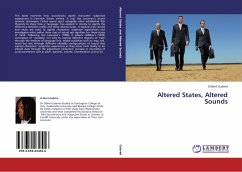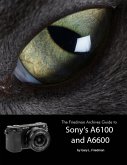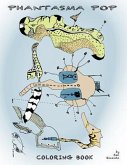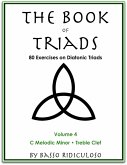
14,95 €
Sofort per Download lieferbar

Ähnliche Artikel

21,99 €
inkl. MwSt. und vom Verlag festgesetzt.
Sofort per Download lieferbar

21,95 €
Sofort per Download lieferbar
eBook, ePUB
24. Februar 2020
Lulu.com

13,95 €
Sofort per Download lieferbar

2,99 €
Sofort per Download lieferbar

6,99 €
Sofort per Download lieferbar

7,99 €
Sofort per Download lieferbar
eBook, ePUB
29. November 2018
Lulu Publishing Services

7,99 €
Sofort per Download lieferbar

2,99 €
Sofort per Download lieferbar

3,99 €
Sofort per Download lieferbar
eBook, ePUB
25. Juni 2021
Lime Press LLC

Statt 37,68 €**
31,89 €
**Preis der gedruckten Ausgabe (Gebundenes Buch)
inkl. MwSt. und vom Verlag festgesetzt.
Sofort per Download lieferbar
VersandkostenfreiÄhnlichkeitssuche: Fact®Finder von OMIKRON
